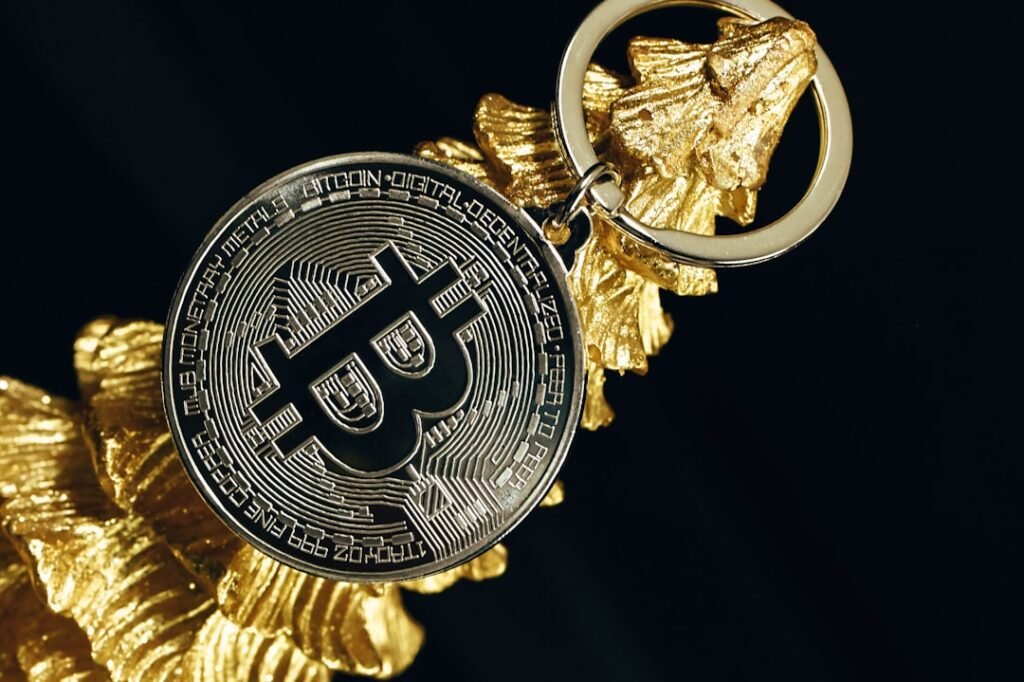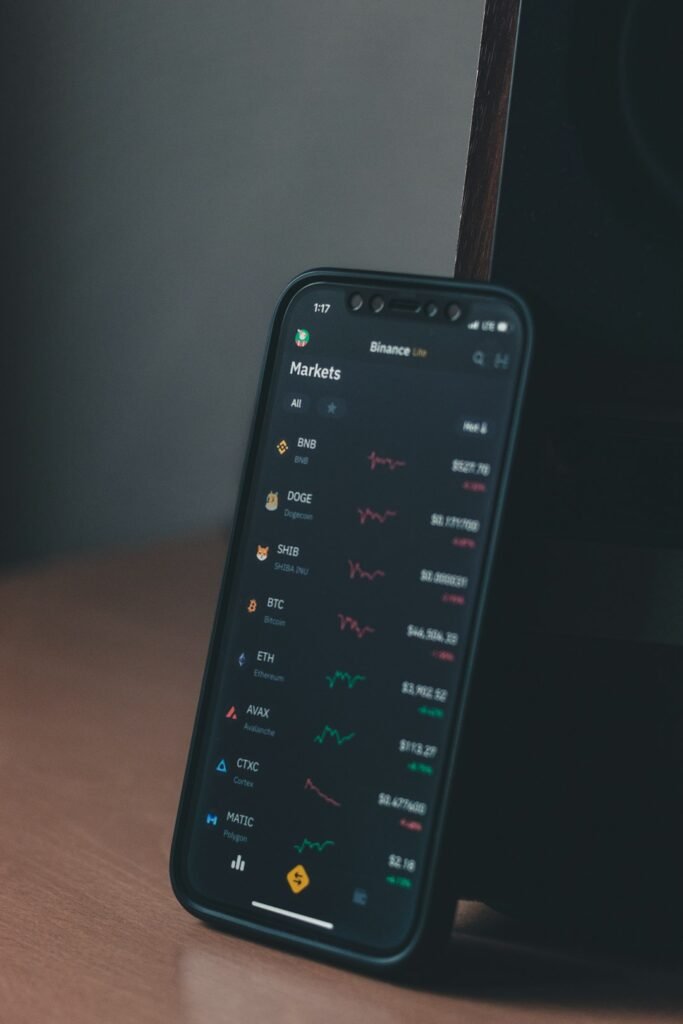Hong Kong’s Stablecoin Ordinance to Take Effect on August 1, 2025
The Hong Kong Monetary Authority (HKMA) issued a summary of the Licensing Regime for Stablecoin Issuers on July 28, providing clearer guidance for applicants on anti-money laundering (AML), reserve management, disclosure requirements, and other specifics.
Warning Against Speculation and Bubble Risks
HKMA Chief Executive Eddie Yue recently penned an article titled Ensuring the Stable and Sustainable Development of Stablecoins, emphasizing the need to “avoid excessive hype” amid surging stock prices of stablecoin-related concepts. He cautioned against conceptual speculation and bubble risks while stressing strict financial risk controls. Key points include:
Many institutions remain at the conceptual stage without concrete implementation plans or risk management capabilities.
Some firms with viable use cases may be better suited to partner with licensed issuers rather than issuing their own stablecoins.
Market over-exuberance, where stocks surge simply by associating with the stablecoin trend, warrants close attention.
Limited Licenses in Initial Phase
The HKMA has clarified that only a small number of stablecoin licenses will be approved initially.
Unlicensed Promotions to Be Illegal
Starting August 1, promoting any unlicensed stablecoin to the Hong Kong public will be illegal, a move aimed at combating fraud involving stablecoins.
Sandbox Progress and Application Interest
Currently, three groups are testing in the stablecoin sandbox:RD Technologies、JD CoinChain Technology (Hong Kong) Co., Ltd. 、A joint venture between Standard Chartered Hong Kong, Animoca Brands, and HKT.
Industry sources reveal that around 50 to 60 companies have expressed interest in applying for licenses, including mainland Chinese state-owned enterprises, financial institutions, and internet giants.
Stablecoins’ Role: Long-Term Stability
Peter Hung, Chairman of the Hong Kong Financial Services Committee, stated that stablecoins should not be speculative instruments. He described asset digitization as a “marathon,” with stablecoins playing a stabilizing role. He also noted that stablecoins are part of Hong Kong’s broader financial market digitization, with more assets expected to be tokenized gradually.
Licensing May Adopt “Invitation-Only” Approach
According to Caixin, sources indicate that stablecoin licenses may be issued via an “invitation-based application system.” The HKMA will first engage with interested institutions to assess their eligibility, with only those passing preliminary reviews receiving application forms.
Potential “Dual-Track” Regulatory Framework
A Ping An Securities report suggests Hong Kong may develop a dual-track regulatory model:
USD stablecoins for international connectivity.
HKD stablecoins for integration with mainland China.
This approach could strengthen the Hong Kong dollar’s financial role while serving as a testing ground for RMB internationalization. The report also notes that Hong Kong’s regulatory scope is broad, covering not only locally issued stablecoins but also offshore stablecoins pegged (fully or partially) to the Hong Kong dollar.
Banks Compete for Custody Business
License applicants are actively selecting custody banks. Disclosed options include ZA Bank and Deutsche Bank, with Standard Chartered and Tianxing Bank also potential candidates. HSBC recently launched new virtual asset services, while Chinese banks like CMB Wing Lung are expanding their presence.
Custody services (with fees around 0.1%-0.5%) are seen as ideal capital-light businesses in a low-interest environment. However, Hong Kong’s Financial Services and the Treasury Bureau (FSTB) and the Securities and Futures Commission (SFC) are consulting on enhanced regulations for virtual asset custody.
Concept Stocks Raise Funds
Some stablecoin-related stocks are capitalizing on the trend:
ZA Online completed a rights issue raising ~HKD 3.92 billion.
Lianlian DigiTech plans a share placement to raise ~HKD 393.6 million.
Conclusion
The imminent enactment of Hong Kong’s Stablecoin Ordinance marks the implementation of its regulatory framework. The HKMA is adopting a cautious approach, limiting initial licenses, cracking down on unlicensed promotions, and warning against market speculation. Licenses may be invitation-based, with expectations of a dual-track system for USD and HKD stablecoins. Banks are vying for custody business, while concept stocks are actively fundraising.
Under strict oversight, stablecoins are poised to play a greater role in cross-border payments and digital assets—but market development will prioritize steady and sustainable growth.












